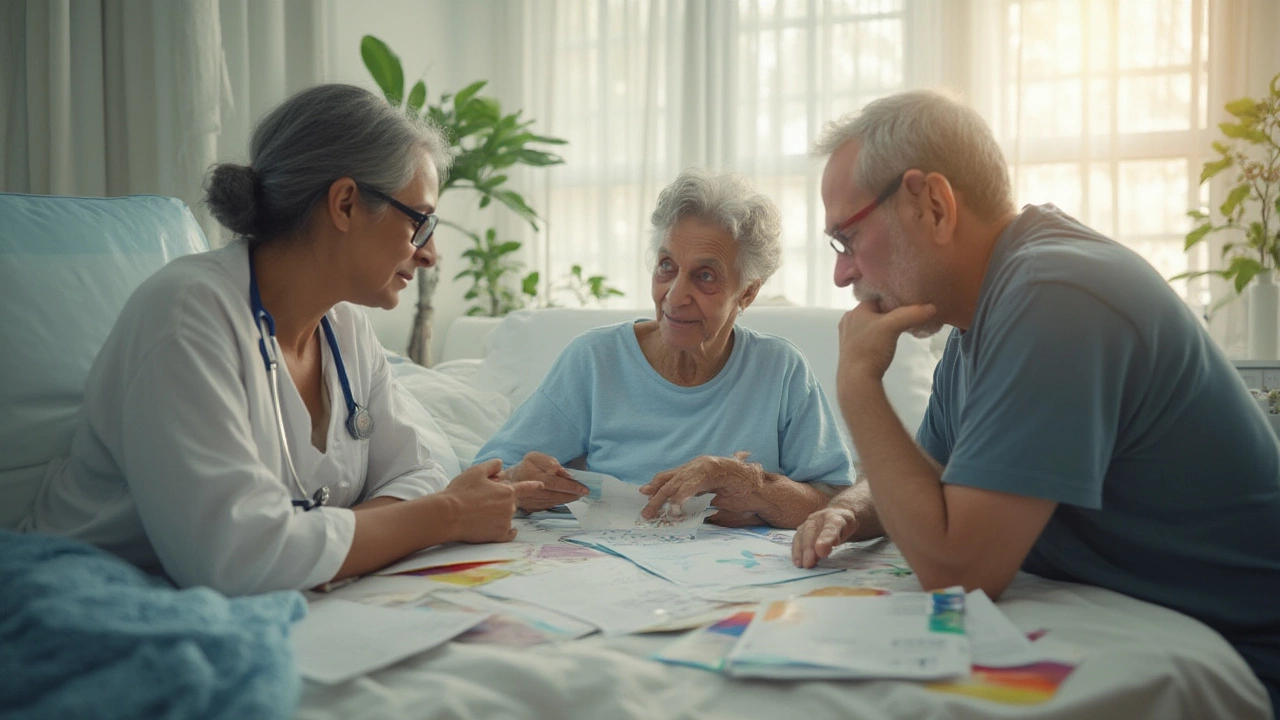Chemotherapy – the backbone of modern cancer care
When talking about Chemotherapy, the use of anti‑cancer drugs to stop or slow the growth of malignant cells. Also known as chemo, it forms a core pillar of treatment for many cancers.
Understanding Cancer, a group of diseases where abnormal cells divide uncontrollably is essential because the goal of chemotherapy is to target those rogue cells while sparing healthy tissue as much as possible. The field that orchestrates this balance is Oncology, the medical specialty focused on diagnosing and treating cancer. Oncology teams design drug schedules, monitor response, and adjust doses based on how the disease behaves.
Key aspects of chemotherapy
First, chemotherapy includes a range of drug regimens—from single‑agent pills to multi‑drug infusions. Each regimen follows a specific protocol: dosage, timing, and combination are chosen to hit cancer cells at their most vulnerable stage. Second, side effects are a reality; nausea, hair loss, fatigue, and lowered blood counts are common because the drugs also affect fast‑dividing healthy cells. That’s where supportive care steps in—anti‑nausea meds, growth‑factor injections, and nutritional counseling help keep patients on track. Third, chemotherapy often works hand‑in‑hand with other treatments. Radiotherapy can shrink a tumor before chemo, while targeted therapies may follow to mop up remaining cells. Finally, drug resistance can develop, prompting oncologists to switch agents or add immunotherapy. All these pieces—drug choice, side‑effect management, combination with radiation, and resistance monitoring—show how chemotherapy is a dynamic, patient‑specific process.
Below you’ll find a curated set of articles that dive deeper into each of these facets. Whether you’re curious about the science behind drug schedules, looking for practical tips to handle side effects, or wanting to see how chemotherapy fits into a broader cancer‑treatment plan, the list gives you a clear roadmap. Keep reading for real‑world advice, up‑to‑date research, and actionable steps that can help you or a loved one navigate the chemotherapy journey with confidence.
Is Stage 4 Cancer Too Late for Chemotherapy? Options, Hope & Facts
Does chemotherapy make sense after a stage 4 cancer diagnosis? Get the facts, real survival stats, and practical advice for those facing advanced cancer.
